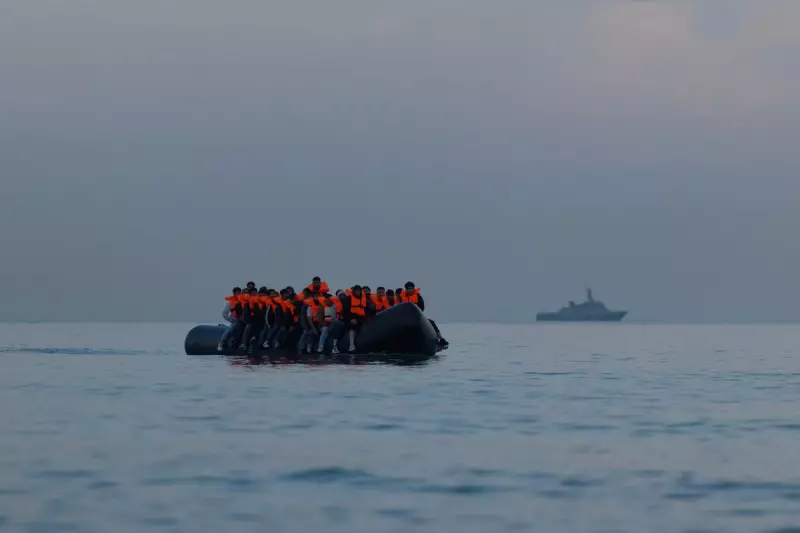
A major legal battle is brewing over the UK government's controversial migration pact with France, with claimants set to argue the deal unlawfully exposes vulnerable people to modern slavery.
The landmark challenge, filed at the High Court, takes aim at the £480 million agreement signed by Home Secretary Suella Braverman in March 2023. The legal team contends the deal focuses solely on border enforcement—such as funding more French police patrols and detention centres—while completely ignoring protections for potential victims of trafficking and modern slavery.
Core of the Legal Argument
At the heart of the case is the claim that the UK-France deal violates Section 49 of the Modern Slavery Act 2015. This legislation requires public authorities to consider the needs of potential slavery victims when making decisions. The claimants argue the government conducted no such assessment before signing the agreement.
«This agreement was made without any consideration of the impact it would have on victims of modern slavery,» stated a representative for the claimants. «By focusing exclusively on deterrence and detention, the UK is turning a blind eye to its legal and moral obligations to protect the most vulnerable.»
What the Deal Entails
The UK-funded agreement aims to reduce small boat crossings in the English Channel through:
- A new detention centre in northern France.
- Increased patrols by French police and border officials along the coastline.
- Enhanced surveillance technology, including drones and detection dogs.
Critics argue these measures will only force migrants and potential slavery victims to take more dangerous and clandestine routes, pushing them further into the hands of traffickers.
Government Response and Next Steps
The Home Office has defended the agreement, stating it is a crucial part of their strategy to «stop the boats» and disrupt people-smuggling networks. A spokesperson said the government remains «committed to tackling illegal migration and protecting the vulnerable.»
Permission for a full judicial review is now being sought. If granted, the case will proceed to a High Court hearing, potentially setting a significant precedent for how future international migration agreements are formulated and scrutinised against human rights and modern slavery laws.





